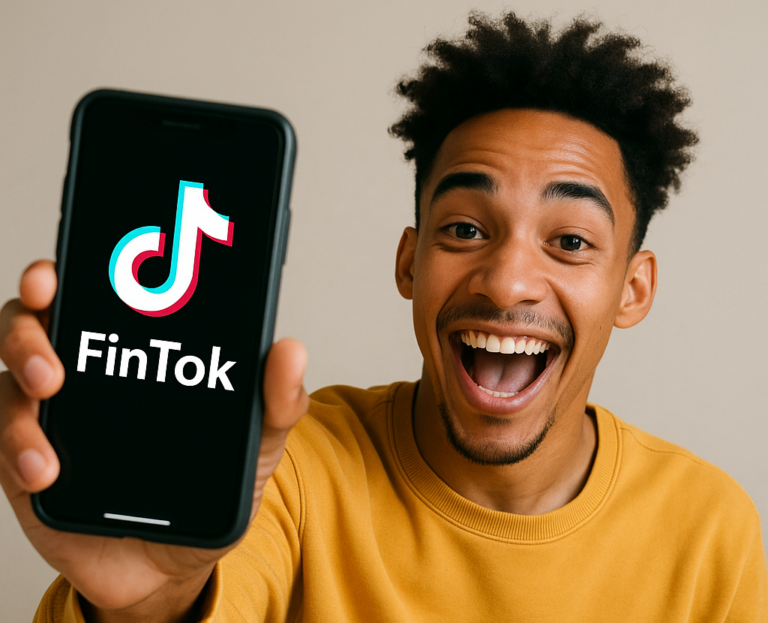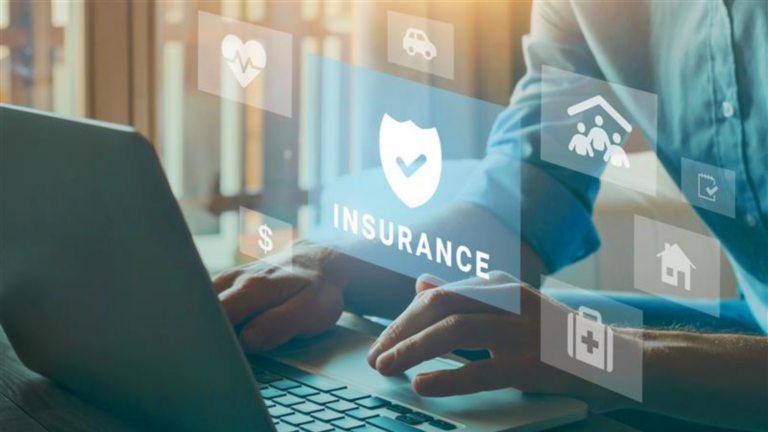Why are some Americans taking a chance and skipping insurance?

Laws are perplexing sometimes. While Americans are mandated to protect material possessions with insurance, such as homes and automobiles, insuring our lives is optional. Yes, our homes and automobiles are important, but why is it that many Americans do not insure their most important asset – themselves?
Insurance is something that many Americans put on the backburner. Some do not want to think about the reasons why they would need it in the first place. Some are just intimidated by the process of securing insurance, finding forms long and confusing, and worried about invasive medical exams. Some wonder if they even need it in the first place. Some are unknowledgeable about the importance of insurance; while others may have some misconceptions about its affordability.
Given many of the reasons that Americans aren’t purchasing insurance are based on misinformation, it is critical to dispel these myths and demonstrate the importance of having it.
Let’s look at some statistics around financial vulnerability:
- A May 2019 Federal Reserve Board survey asked U.S. households how they would pay for a hypothetical unexpected expense of $400.
- Sixty-one percent said they would pay the expense with cash, savings, or a credit card paid off at the next statement;
- 27 percent would borrow or sell something
- 12 percent would not be able to cover it[1].
- If many U.S. households couldn’t afford a $400 expense, what would happen if their primary breadwinner were to pass away?
- A recent report from The Financial Health Network showed that 17 percent of Americans are financially vulnerable, and 54 percent were financially coping. Sadly, only 29 percent are financially healthy. This means that if more than two-thirds of American families were to lose their primary earner, they would be facing a serious financial crisis.[2]
- 45 percent of uninsured individuals go without health insurance because they think the cost is too high.[3]
Let’s look at some reasons to consider life and other supplemental health insurance:
- COVID-19 is making many people acutely aware of their own mortality, and they are questioning whether now is the time to purchase life insurance. Interestingly, it is actually easier than ever to get a life insurance policy. Because insurance companies are honoring the CDC’s social distancing guidelines, in-person blood and urine tests as well as weigh-ins aren’t possible now, meaning insurance companies have fewer potential reasons to reject applicants for coverage. Additionally, most life insurance policies will cover a person if they lose their life due to COVID-19.[4]
- According to LIMRA, more than 25 percent of U.S. life insurers have expanded their automated underwriting practices in order to make it easier for consumers to apply for a policy during the pandemic. 20 percent have postponed or waived paramedical requirements.[5]
- Accidents (unintentional injuries) are the third most common form of death, behind heart disease and cancer.[6]
- There are approximately 139 million emergency department visits and 40 million injury related visits per year. The number of visits per 100 people is 43.3, and the number of ER visits resulting in hospital admission is 14.5 million.[7]
An unexpected health event can very quickly become a huge financial burden:
- Hospital costs average $3,949 per day with each total hospital stay averaging $15,734. This results in 60 percent of all bankruptcies relating to medical expenses.[8]
Despite all the strain, there are many market solutions that you as a financial institution can bring forward to your consumers to support them and help them become more financially stable with insurance.
It is important to note that in the wake of COVID-19, there are more unanticipated hospitalizations across the country, thereby creating an extra financial burden on households. Franklin Madison, a leading marketing services provider that partners with financial institutions to offer insurance to their customers, has a guaranteed issue recuperative care product through online or mail that covers hospitalization due to sickness. This would include hospitalization due to COVID-19 as long as none of the exclusions in the policy apply. Each claim is thoroughly evaluated to determine if a benefit is payable according to the terms of the policy. Exclusions vary by state.
Americans must dispel the notion that life insurance is scary and unaffordable. Insurtech disrupter Ethos provides an easy and convenient way to get life insurance online. The entire process is completed digitally, most of the time without a medical exam. It takes about 10 minutes to apply get a quote, with an easy step-by-step process to guide a user through. The company also provides insightful tools and tips such as a coverage calculator and advice on how to determine a coverage amount and term length, making it really simple for Americans to conduct their own online research.
While these tools are helpful, U.S. households could greatly benefit if they have a trusted source to help them engage in these critical tools. Many want to receive these types of products and benefits directly from their financial institution.
According to Sally Dickter, SVP of Marketing for Franklin Madison “Consumers are looking for clear and simple information that will benefit them,” she said. “A multi-channel marketing campaign along with supporting educational content will increase engagement with consumers for insurance. And when it is provided to them by their financial institution, – a trusted source of information and security – the information is received with credibility and confidence.”
In conclusion, there are many reasons Americans are skipping insurance and many reasons why they should have it. Financial institutions should be exploring how they can help their consumers achieve financial well-being by offering insurance.
If you would like to learn more about how your financial institution can offer insurance for your consumers, please contact us at franklin-madison.com.
[1] https://www.federalreserve.gov/newsevents/pressreleases/other20190523b.htm
[2] https://www.cnbc.com/2019/11/15/29-percent-of-americans-are-financially-healthy.html
[3] https://www.ehealthinsurance.com/resources/individual-and-family/is-it-ok-to-be-uninsured
[4] https://www.bankrate.com/insurance/life-insurance/coronavirus-and-life-insurance/
[5] https://www.bankrate.com/insurance/life-insurance/coronavirus-and-life-insurance/
[6] https://www.iii.org/fact-statistic/facts-statistics-mortality-risk
[7] https://www.cdc.gov/nchs/fastats/emergency-department.htm


